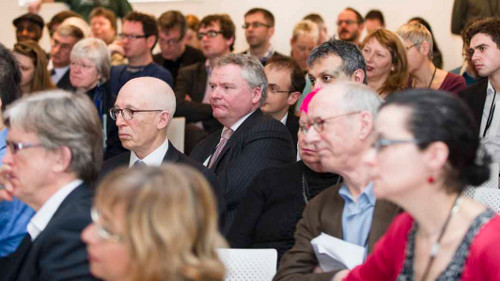
We need a fresh approach to the regulatory policy problems of creative and cultural industries. Successful copyright reform must be based first of all on incentivising innovation from SMEs and individual creators, as the true incubators of change and growth. Business models must take into account how consumers and users actually use, acquire and appropriate cultural products in the digital era, and find ways to maximise profits, growth and cultural production by acknowledging these realities. Technology is not part of the problem but part of the solution.
A trusted brokering is needed between the varying interests, working closely with industry and artists to help them achieve their economic and personal aims. The UK can be a pioneer in the post web 2.0 digital era, producing not just economic growth but creative opportunities and democratic inclusion for citizens and consumers in an age where cultural production should be limited only by time and imagination.
Our aims are to:
1. Analyse successful, failing, and emergent business models within and across different sectors of the creative industries and public cultural sector. We will map what incentivises creators and creation and what generates revenue chains, thus promoting growth and jobs. We will see where copyright fits into this web of incentives. We will also consider non-economic benefits such as enhancing the public environment and improving quality of life for citizens.
2. Analyse in particular how copyright and other IP regimes interact with innovative business models and forms of cultural production based around openness, sharing, and the use and creative reuse of public domain and public sector material.
3. Analyse whether and how IP law in the digital era promotes creative industry innovation and revenue generation, how it can be improved and where law is not the right policy tool. We will study EU and international law and policy, along with that of the UK, given the wider constraints on UK policymaking.
4. Analyse the current and future success and form of copyright enforcement measures, considering especially issues of: private bulk enforcement; public enforcement, eg “graduated response” by ISPs; DRM; and, newer self-enforcing code solutions such as YouTube’s ContentID.
5. Analyse the role of both traditional and online intermediaries in relation to creativity, the cultural industries and consumption, adaptation and production of cultural goods by users.
6. Research the attitudes to consumption and copyright of users, producers and “prosumers”, as well as explore the impact of user generated cultural content (UGCC), re-use, remix and coproduction of cultural goods.
Read the full Research Programme here.
 Resource
Resource